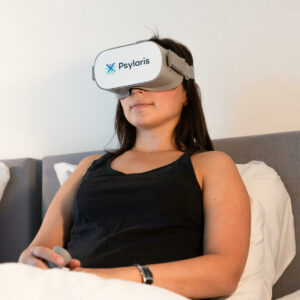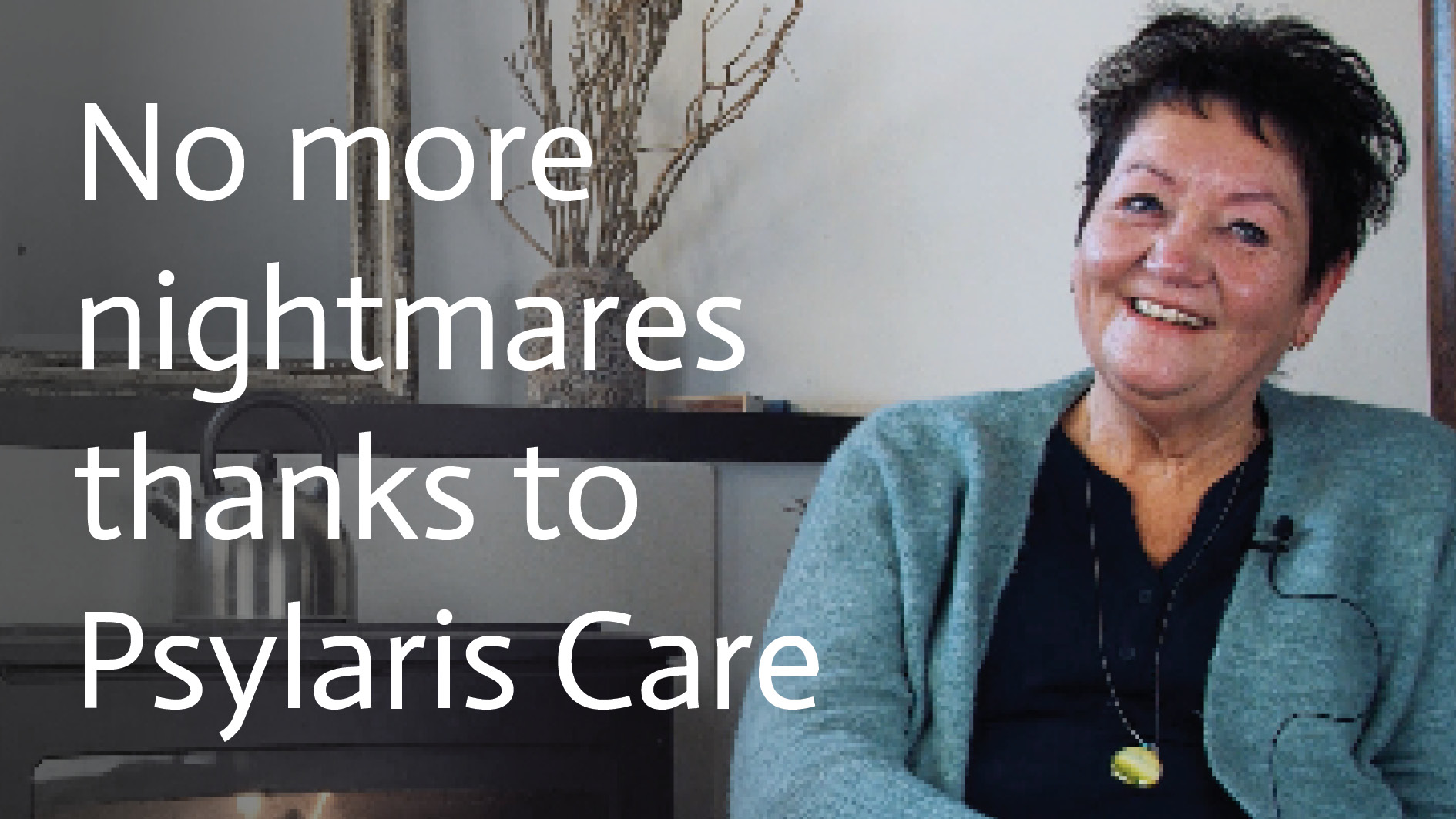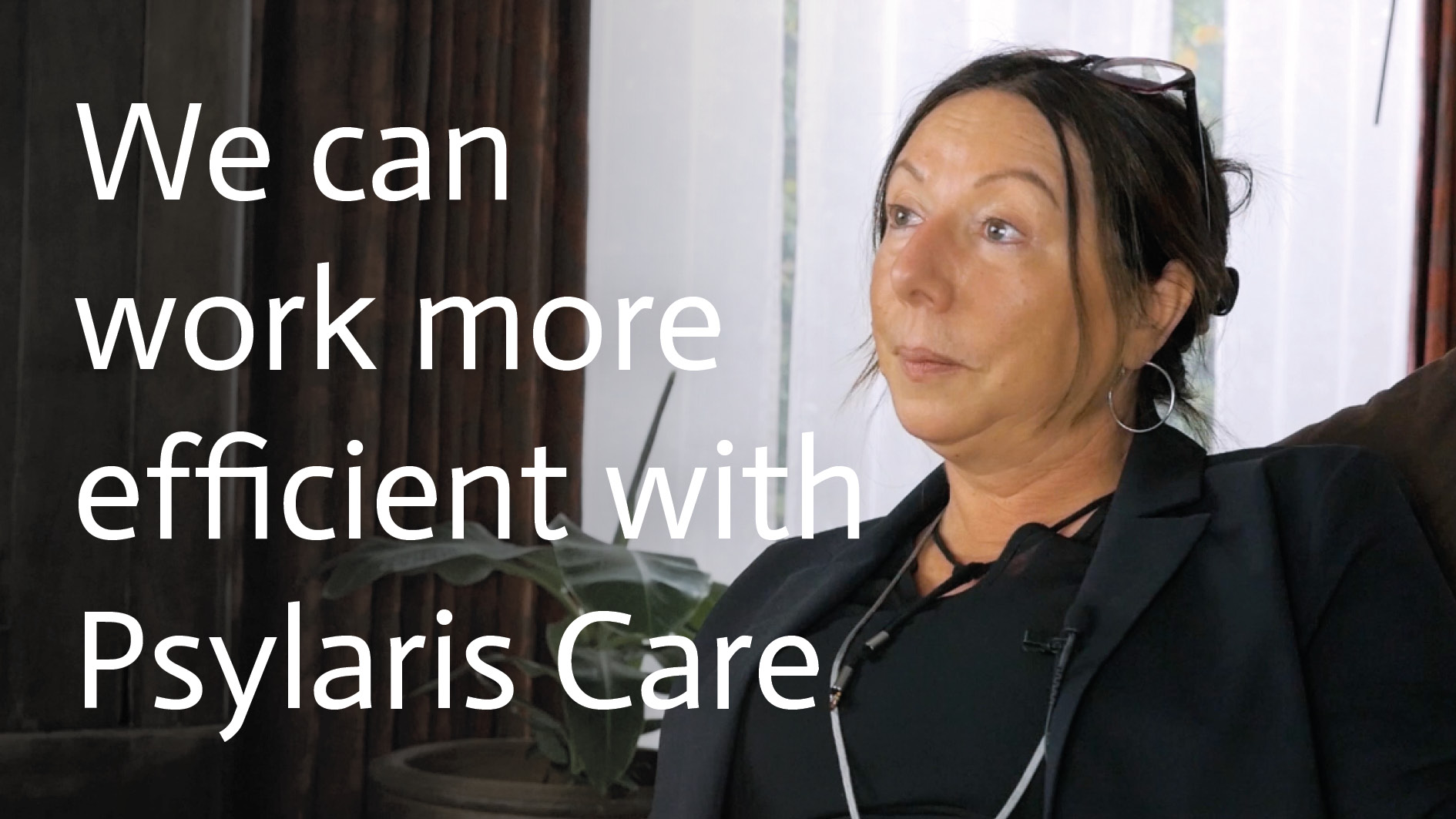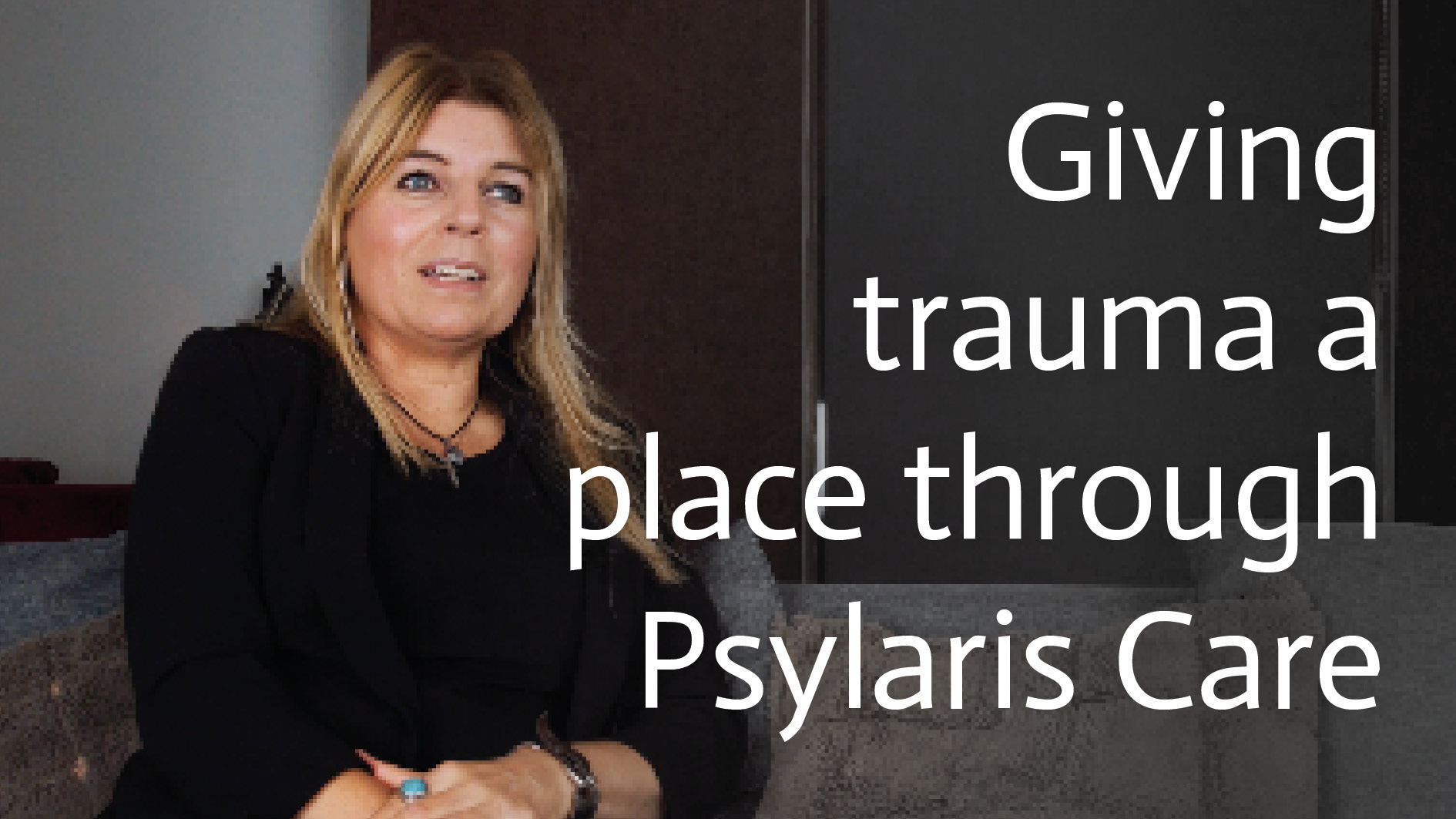In health care, including mental health care, technology is increasingly being used to improve care and hopefully reduce waiting times in the short term.
The use of this technology - for example, when monitoring heart rate, glucose levels or when using meditation apps - brings immense benefits to patients. They can quickly and easily take a large part of the control over their health themselves and they do not have to go to the doctor with every question. The WHO calls this control 'patient empowerment'. If they end up seeing a doctor or therapist, they already have a lot of prior knowledge and can be helped effectively, quickly and at a much lower cost.
Opportunities for care
This effect and the as-yet unexplored possibilities are, of course, fantastic. By looking for patterns in the data, hospitals and other (mental) health care institutions can improve specific services or departments entirely according to the wishes and use of the patient.
Have you noticed, for example, that there is a lot of confusion or dissatisfaction regarding the provision of information during treatment? Then you can take steps based on this information. Or, thanks to a pedometer for the nursing staff, you discover that they lose too much time walking to the medicine stocks. Then, as a hospital, you could think about a different arrangement.
The impact of such improvements is, of course, great; both on the patient's experience and on the efficiency of the healthcare institution. With healthcare costs continuing to rise, such efficiencies are no luxury.
In addition to these patterns, healthcare institutions have the possibility to specifically monitor individual treatments or processes. If a deviation or anomaly occurs, immediate action can be taken. For example, maintenance reports for equipment, the replenishment of medicine stocks, but also the immediate sending of an alarm signal to the doctor if, for example, the glucose levels of a patient suddenly fall too far outside the norm.
The back of the data
So the access to data and the vision behind its collection seem to be right. So far, not much is going on at the front end. But there is also the back end of this technology, and it is at this end that the data is collected. Every time a patient enters his values or does a meditation, for example, this information ends up in a database.
And then? What happens to it? For what purposes is it ultimately collected? And who has access to that data?
Doesn't collecting all this data also make us incredibly dependent and vulnerable?
Developments are happening at such a rapid pace that we have barely had time to formulate real answers to these questions. We have barely had time to get used to this new field of technology and data. The concerns and feelings of uncertainty are therefore entirely justified.
But what can you do as a healthcare institution to reap the benefits of data? How can you use data without worries for even better care?
Determine your goal
Let us first look at the goals. As a healthcare institution, it is a hopeless task to suddenly dip your nose into this huge pool of data one day, looking for a lead. If you don't know what you are looking for, you will quickly become entangled in the web of data. So it is important to have a clear idea of what you are looking for. What do you want to know?
Do you want to measure the performance of your staff, because you feel they can work more efficiently and you can save costs? Do you want to know what the average duration of a treatment is and where the bottlenecks for the patient are?
There are many possibilities, so it is important to choose. As long as you do not know what you want to measure - and therefore know - you keep searching. Or you will miss the mark completely and start an expensive innovation process that ultimately does not lead to the desired improvement.
Who has access to the data?
Once you have determined your goal and know how you want to measure, make sure you communicate this clearly. Always be clear to the patient or staff member about the fact that you are collecting data, and for what purpose you are doing this. The latter is particularly important. In the end, you obviously have the best intentions with your research, but there are always those who want to do harm.
Especially since the new AVG law of 2018, the regulations in this have been tightened up considerably. Consent for collection will have to be actively sought.
Limit your vulnerability
And via the AVG we immediately come to vulnerability. Because: aren't we making ourselves far too dependent on technology? Technology that can be hacked, for example, or that is no longer available after a power failure?
These concerns, which are prevalent throughout society, are certainly not unfounded. So take them seriously and always look critically at how you can best put your security in order. Invest in the renewal of outdated equipment, for example. And take this into account when purchasing new hardware and software. Certainly innovative, new technology built today takes these concerns and questions into account in its design.
Self-learning technology
This also applies to us. We are fully transparent about the fact that when using our EMDR solution in virtual reality (VR), we work with self-learning mechanisms, so-called artificial intelligence (AI). So our solution also collects usage data.
For two reasons:
- To improve our product based on usage patterns we see. If we notice that many users get stuck at a certain point, we know that we have to do something there. Our team can do this quickly, and the next users will soon benefit from this.
- But also to be able to offer fully personalised therapy on an individual level. Based on the use per patient, our EMDR solution can be adjusted immediately. So each patient gets exactly the treatment they need.
Are you curious about our solution and would you like to discuss the possibilities for your practice or institution? Please contact us at mike@psylaris.com.








